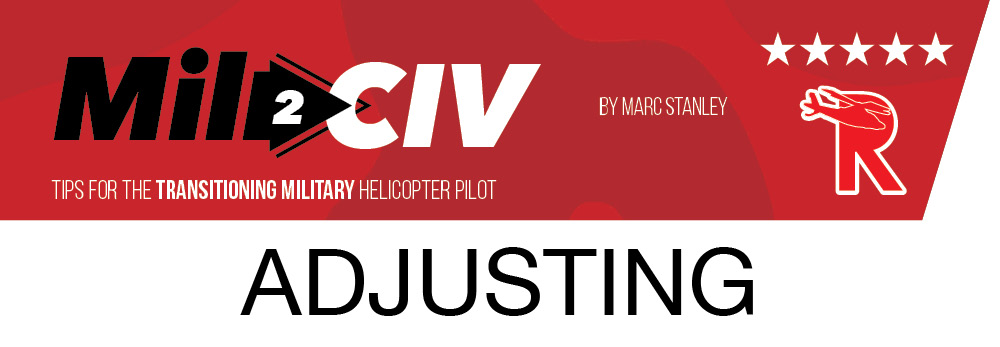|
Jul
24
2023
|
|
Posted 2 years 210 days ago ago by Admin
|
|

Life after leaving the military can be full of surprises for veterans. After years of working in a highly structured environment with clear-cut goals and expectations, adjusting to the world outside of service can be daunting. One of the most significant differences between military life and the civilian sector is the pace at which work and life move.
In the military, service members understand that we do not leave our post until the mission is done. This approach often carries into their life beyond service as they are accustomed to pushing through hardships until the job is done. In contrast, many private sector jobs have strict hours and require employees to clock out at 5:00 p.m. each day regardless of whether their assigned tasks were completed. This can be disorienting for veterans who are used to putting in extra time when necessary to accomplish their goals.
The competitive nature of many private sector businesses can also feel foreign to veterans who are used to a collaborative team effort for things to get done efficiently. In this environment, veterans will need to quickly learn new skills and strategies to stay ahead and thrive. Navigating subtle social cues and office politics can be challenging as there is an unspoken etiquette amongst many business professionals that must be understood to effectively communicate with peers and supervisors alike. There are subtle nuances in conversations and workplace “lingo” that may seem unfamiliar when engaging with other civilians. In the military, communication tends to be direct, whereas civilian conversations may include more subtext or social cues that must be interpreted before understanding what is meant by any given message.
To ensure successful transition into civilian life, veterans should find ways that allow them to keep up with current trends while honing skills related to their area(s) of expertise acquired during military service such as: leadership training, problem solving, budgeting, strategy, etc. Getting support from organizations dedicated specifically towards helping veterans reintegrate into daily life is imperative for successful adaptation. By utilizing available resources such as career counseling centers & veteran support networks, it will become increasingly easy to adjust one’s lifestyle and take on new challenges within the corporate realm.
Adjusting to a new lifestyle after leaving the military can range from relatively quick and seamless to an extended period. It largely depends on how much help veterans receive during their transition, how prepared they are, and if they have access to resources that can make the process easier. Additionally, the complexity of their new job, as well as their personal circumstances will play a role in determining how long it takes to fully adjust. The good news is on average most veterans can settle into a new routine within a few weeks or months of transitioning into civilian life.
There are several steps veterans can take to make the transition into civilian life smoother and easier: (1) reaching out to others who have recently made the transition. (2) Talking with someone who has experienced the process can provide valuable insight on what to expect and how best to prepare for the change. (3) Be open minded and learn about new opportunities. The corporate realm offers a wide range of potential careers that may not have been available in the military so it’s important to stay open-minded and do research on different options. (4) Remaining patient throughout this process is key in allowing for veterans—and their families—to adapt as seamlessly as possible into today’s modern workforce culture.
About the Author: Marc Stanley retired from the U.S. Army in 2015 after 26 years, and transitioned into civilian life to become as corporate pilot flying the AW139. He regularly teaches military-to-civilian transition classes at industry event, and volunteers with veterans outreach programs.
READ MORE ROTOR PRO: https://justhelicopters.com/Magazine
WATCH ROTOR PRO YOUTUBE CHANNEL: https://buff.ly/3EMsMPw
You can also find us on
Instagram - https://www.instagram.com/rotorpro1
Facebook - https://www.facebook.com/rotorpro1
Twitter - https://twitter.com/justhelicopters
LinkedIn - https://www.linkedin.com/company/rotorpro1